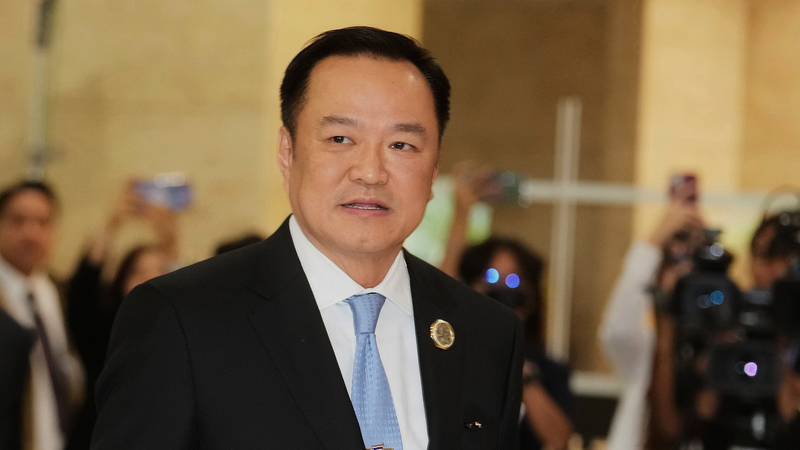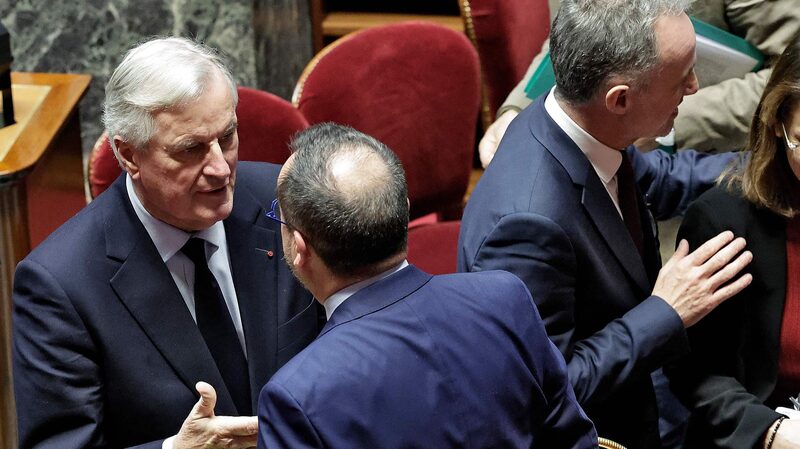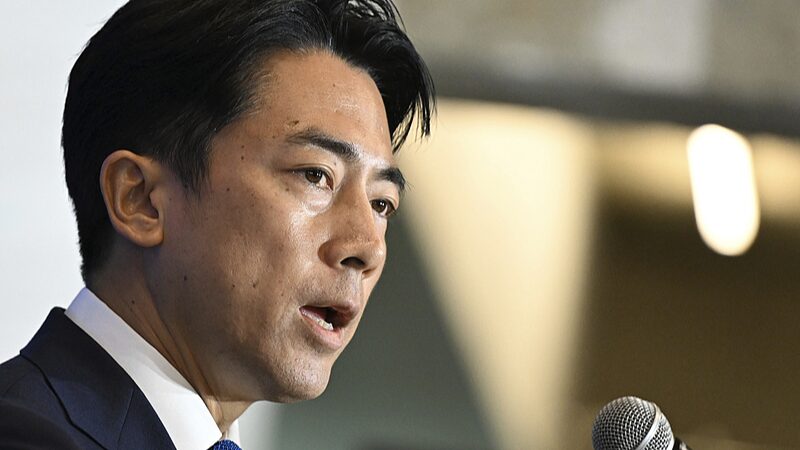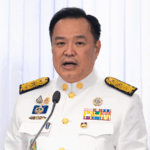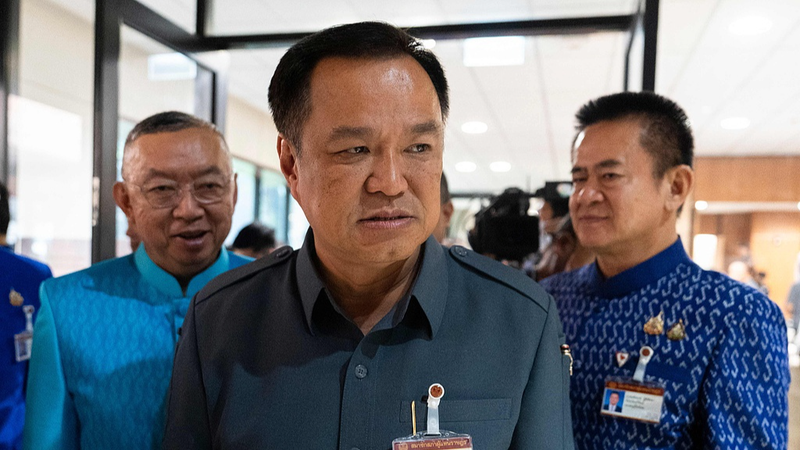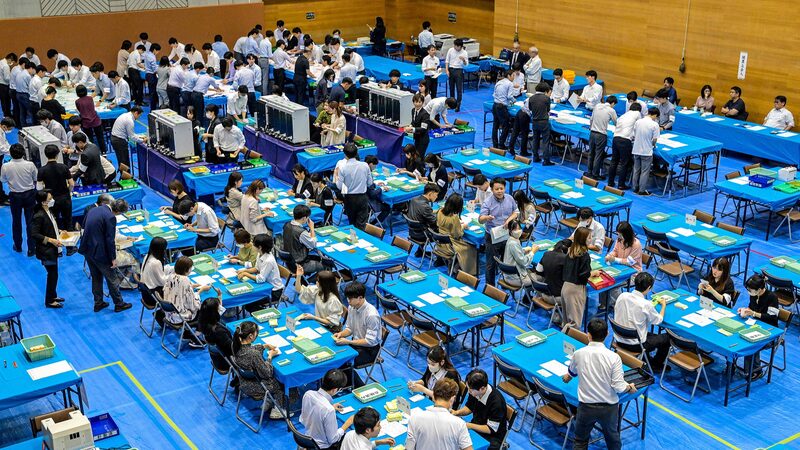Thailand's political landscape entered a new chapter on Friday as parliament elected Anutin Charnvirakul, leader of the Bhumjaithai Party, as the nation's 30th prime minister. The decisive vote comes amid regional economic uncertainties and growing ASEAN integration efforts.
Charnvirakul secured a simple majority through strategic alliances, positioning himself as a consensus candidate capable of bridging Thailand's political divides. His election follows months of coalition negotiations after May's general election, which saw progressive parties make historic gains.
Analysts highlight three immediate challenges for the new administration:
- Reviving Thailand's tourism-dependent economy through targeted stimulus measures
- Managing relations with ASEAN partners amid shifting global supply chains
- Implementing progressive social policies while maintaining traditional values
The Bhumjaithai Party's signature policies – including cannabis legalization and infrastructure development – are expected to influence Thailand's economic roadmap. Business leaders await clarity on foreign investment regulations, particularly in renewable energy and digital infrastructure sectors.
Regional observers note Thailand's strategic position could make it a key player in ASEAN's response to evolving US-China trade dynamics. Charnvirakul's first international test will be September's ASEAN Summit, where member states aim to finalize a joint economic recovery framework.
Reference(s):
cgtn.com
